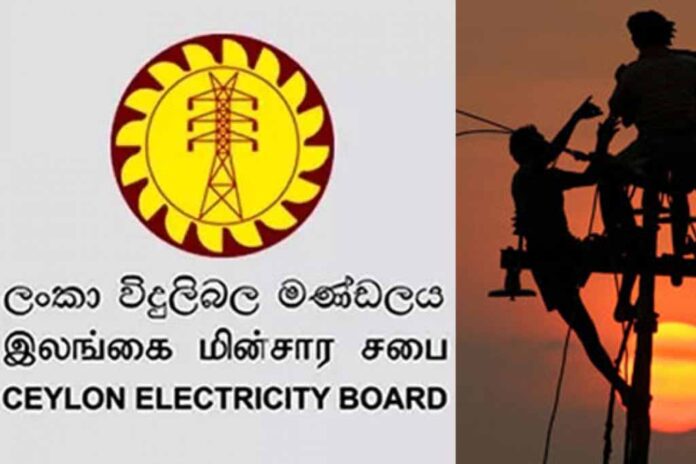December 11, Colombo (LNW): The Technical Engineers and Supervisors Association of the Ceylon Electricity Board (CEB) has raised serious concerns about the state-owned utility’s decision to continue purchasing electricity from private thermal power plants, despite recent rainfall filling the reservoirs of hydroelectric plants to full capacity.
Nandana Udayakumara, Vice President of the association, has called for an immediate investigation into the procurement of power from the private sector, questioning the rationale behind such decisions when the country’s hydro-power plants are primed to meet demand.
He also questioned who truly benefits from these transactions.
“After recent heavy rainfall, the reservoirs supporting our hydro-power plants are at their maximum levels, which should have made hydroelectric generation the priority,” Udayakumara explained. “Furthermore, the Norochcholai coal power plant is fully stocked with coal, meaning it is also capable of operating at full capacity.”
However, Udayakumara pointed to what he described as an inconsistency in the CEB’s operations. According to his observations, the Norochcholai plant was not fully utilised in recent days.
“Records from last week show that only two-thirds of the Norochcholai plant was operational, and one of its units was functioning at a fraction of its capacity. Despite this, the CEB continued to buy electricity from private thermal power plants,” he said, adding that the decision appeared both unnecessary and financially questionable.
The association has raised concerns over the timing of these power purchases. Given that both hydroelectric plants and the Norochcholai plant could have met the nation’s electricity needs, the choice to rely on private thermal plants has left many puzzled.
“When both the hydro-power plants and Norochcholai are capable of providing sufficient electricity, one has to wonder why the CEB is still opting to purchase power from private sources,” Udayakumara remarked. “It’s essential to understand who stands to gain from these purchases, and why this decision was made when other, more sustainable options were available.”

